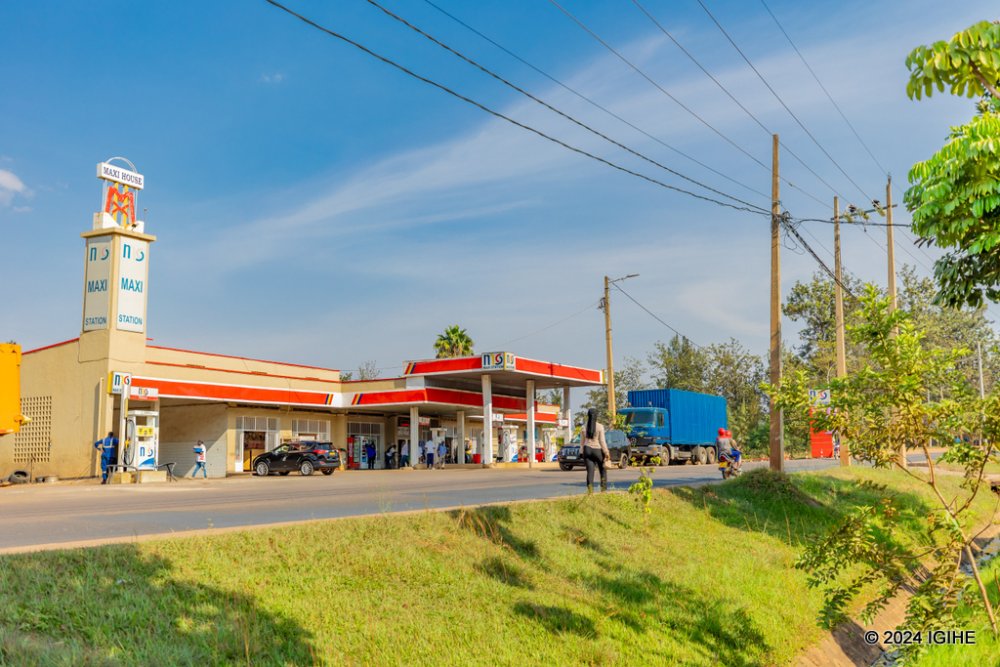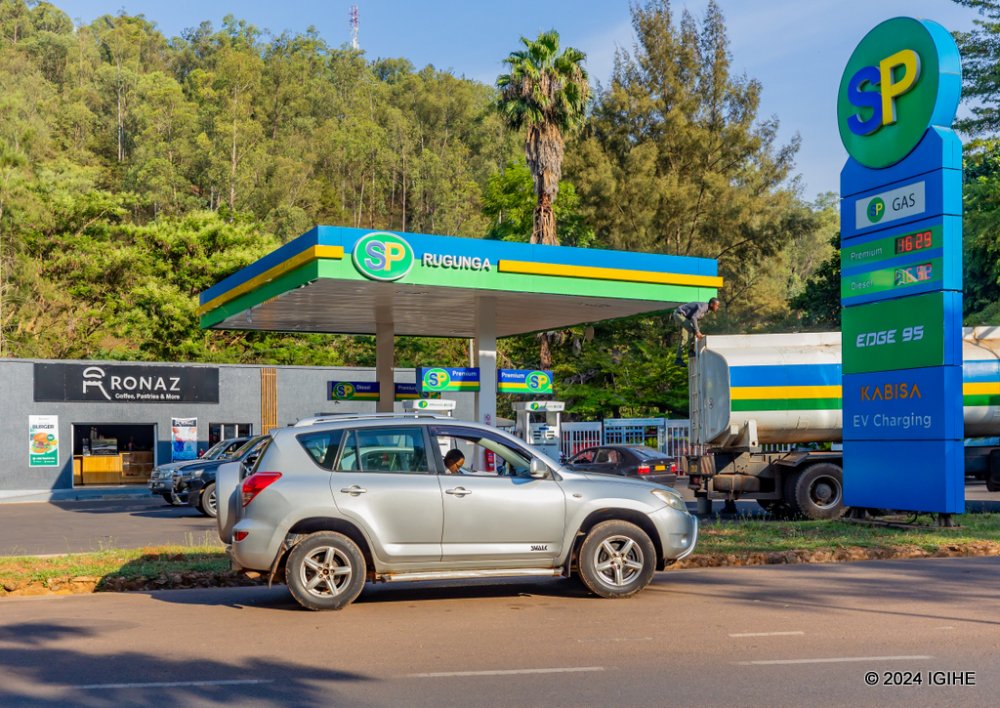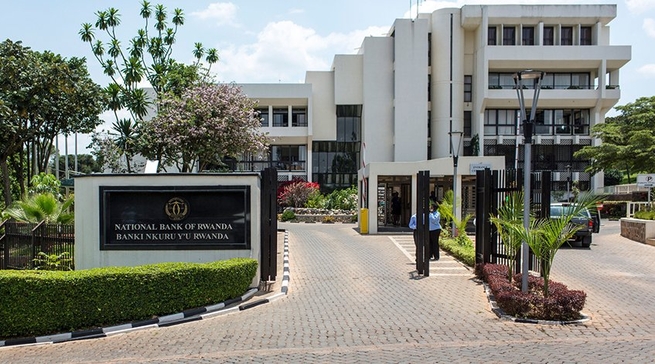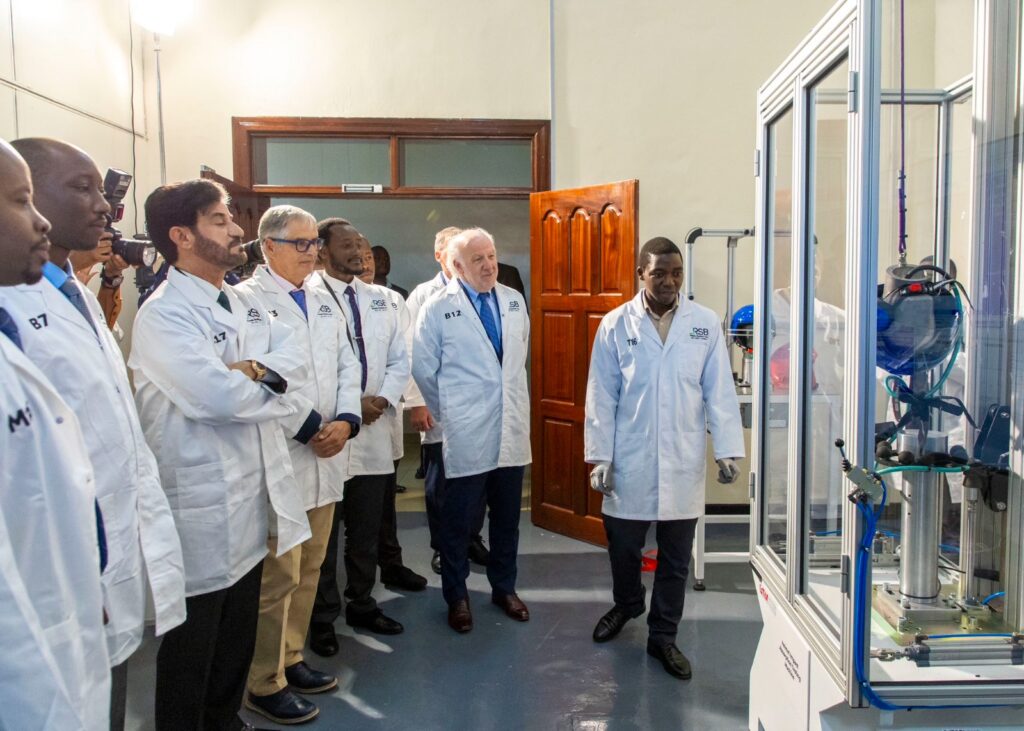Soon, several gas stations in Kigali City will be demolished because they were built in areas that do not meet the required standards. In the near future, new construction regulations for gas stations will be revised to address the disorganized nature of this business sector.
Building gas stations has become a popular investment for people with money because it offers significant returns. Investors are drawn to this business as it generates large profits. For example, an owner of a gas station can earn up to $10,000 per month just by renting it to a company, depending on its location.
This is a lucrative income with little hassle. If someone owns land in an approved area for a gas station, all they need is the necessary permits. Once they have them, petroleum companies are ready to provide funds to build the station, rent it, and share the profits. In short, it is a very hot business opportunity.
However, the prospect of easy money has attracted many people to the business without proper planning or understanding, leading to an increase in poorly built gas stations.
Currently, regulations governing gas station construction are becoming stricter as authorities aim to stop the uncontrolled spread of stations, which have become as common as small shops selling cold drinks.
In recent days, officials have been conducting inspections across the country to check if gas stations are built according to modern standards and to ensure that any new construction is done transparently.
Recent inspections in Kigali City revealed that 19 gas stations do not meet the required standards and must be demolished. These stations are problematic because they negatively impact the environment, are built in wetlands, or are too close to water sources, among other issues.
Nine Stations to Be Demolished First
Initially, nine of these stations have been given a 60-day deadline to be demolished, starting from September 4, 2024. These stations were identified during a meeting between various authorities and petroleum business investors.
The stations set for demolition are located in wetlands within Kigali City, which are undergoing rehabilitation. The wetlands being restored cover 408 hectares and include Gikondo, Rwampara, Rugenge-Rwintare, Kibumba, and Nyabugogo. Each wetland will have a specific use based on its location.
This rehabilitation is part of a World Bank-supported project costing $80 million, aimed at transforming these wetlands to resemble the restoration of Nyandungu Wetland.
Among the stations to be demolished are three Engen stations, one at Poids Lourd and two at Giticyinyoni; two SP stations, one at Rwandex and the other at Rugunga; one Rubis station at Giticyinyoni; Maxi station at Poids Lourd (formerly Car Wash); Lake Petroleum on the road to Rusororo; and a former Hashi station at Kinamba on the road to Gisozi.
Most investors affected by these demolitions are not opposed to the decision, as they were aware that other structures in these areas had been demolished previously. They knew it was only a matter of time before their stations would also be removed.
These nine stations are just the first phase. The remaining non-compliant stations will be demolished soon.
Regulations established in 2017 mandated that gas stations that did not meet the required standards should be updated within two years, and those that couldn’t be upgraded had to be demolished within five years.
New regulations issued in 2023 give owners of non-compliant gas stations two years to make the necessary improvements, while stations that cannot be improved must be demolished within two years.
This two-year period will end in 2025. Therefore, in addition to the nine stations with a 60-day deadline, the other 10 stations will also need to be demolished by that time.
Many of these stations were built long ago, and the new regulations have made it clear that their current locations are no longer suitable.
Stricter Regulations for Gas Station Construction
Currently, Rwanda has 337 gas stations, with 129 located in Kigali City. Many of these stations are built in areas that do not meet modern safety or environmental standards, such as being too close to residential areas or posing risks to the environment.
For example, some stations are located in wetlands. Gas storage tanks deteriorate over time, and in case of electrical faults, fuel leaks could cause serious environmental damage. Many people rely on water filtered from wetlands, but filters only remove solids and metals, not oils. If fuel contaminates these wetlands, it would result in polluted water for the community.
Existing regulations state that there should be a minimum distance of 1000 meters between two gas stations along the same road. However, in some areas, such as the road between downtown Kigali and Remera, one can find 13 stations within a distance of less than seven kilometers.
In the eastern regions along the Bugesera highway, gas stations are increasing rapidly as investors anticipate a boom in traffic due to the Bugesera International Airport project.
Information from IGIHE indicates that these regulations are being revised to close the gaps in gas station construction. The required distance between stations may increase from one kilometer to between five and ten kilometers in some areas.
This will reduce the number of stations being built in residential areas or on dangerous corners and will provide better opportunities for investors in the industry by ensuring that the market is not oversaturated.















Post Comment